The United Nations Office in Nairobi (UNON) has launched a multi-year, US$340 million (KSh 43 billion) construction and renovation programme. Known as the Gigiri Master Plan (GMP), tge project opens a rare pipeline of contracts for engineering, construction, and supply firms.
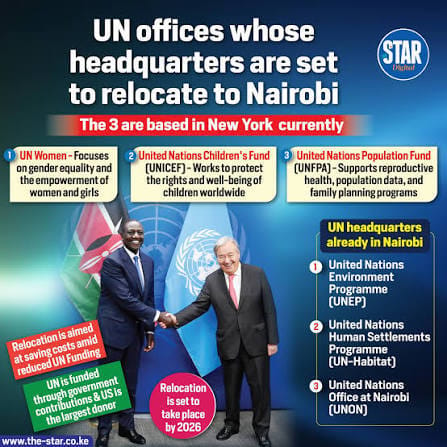
Image credit: The Star Newspaper
In this article:
Why the UN Is Investing Here
Inside the Gigiri Master Plan
The Procurement Model
Strategic Implications for Africa’s Construction Industry
How to Position Your Firm
Final Thought
WHY THE UN IS INVESTING HERE
Because the United Nations Office at Nairobi is the UN’s only base in the Global South, expanding here builds on decades of investment in infrastructure, staff expertise, and regional partnerships.
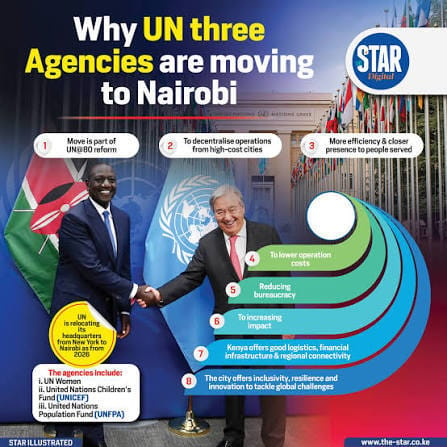
Image credit: The Star Newspaper
Agencies are relocating more functions to Nairobi for two main reasons:
1. Geopolitical balance:
Having a headquarters in Africa aligns with calls for more equitable global representation. Nairobi offers easy access to Africa, the Middle East, and Asia, with a major international airport and diplomatic presence.
2. Cost efficiency:
Nairobi offers lower operating costs compared to Europe or North America, while still being globally connected. Additionally, the city has a deep pool of skilled professionals, regional HQs of banks, NGOs, and consultancies, plus good connectivity.
For the construction industry, this project offers sustained, long-term demand, not just from the UN, but from every organisation that wants to be near the UN. Think NGOs, embassies, international firms, and suppliers.
KEY DETAILS OF THE GIGIRI MASTER PLAN
Major construction starts late 2026, with completion by 2029–30. In five years, this will have transformed Nairobi into a top-tier UN city.
Current procurement status:
According to this 2023 presentation, the UNON has awarded the design services contract for its conference-facilities expansion to Boogertman + Partners (Pty) Ltd of South Africa.
The multidisciplinary firm will lead a diverse international team including:
Herzog & de Meuron World Ltd. (Switzerland) – co-design consultants
Howard Humphreys East Africa Ltd. (Kenya) – building services, civil and structural engineering
MACE YMR LLP (Kenya) – project management and quantity surveying
…among others.
The project is split into two parts:
1. Office Expansion
10 old prefab buildings from the 1970s are being replaced with six modern, climate-resilient towers.
Existing office blocks (1980–2010) are being stripped down and modernised.
The goal is to house a growing workforce as more UN staff are posted to Nairobi.
2. Conference Facilities Upgrade
Capacity will jump from 2,000 to 9,000 participants.
Meeting rooms will more than double (14 → 30).
A 1,600-seat Assembly Hall, visitors’ centre, and media centre are in the works.
Once complete, Nairobi will be able to host global conferences at the scale of Geneva or New York, but on African soil.
THE PROCUREMENT MODEL
For contractors, consultants, and suppliers, it's important to understand that the UN doesn’t award contracts like a government ministry.
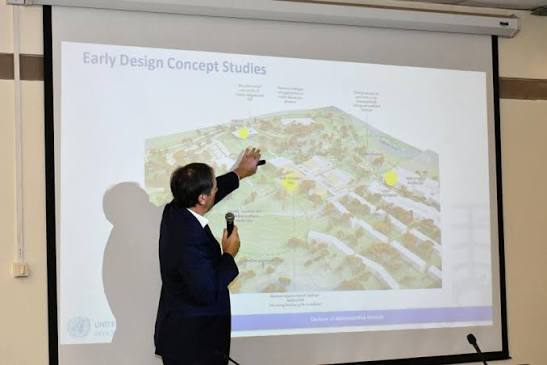
Image credit: UN
Everything flows through the UN Global Marketplace (UNGM). That’s where the expressions of interest (EOIs) and tenders appear first.
That means:
Opportunities are global. A firm in Nairobi could be bidding against competitors from Dubai or Europe.
Selection isn’t price-first. The UN prioritises compliance, sustainability, and risk management. The lowest cost rarely wins.
Visibility is key. Firms that respond to Expressions of Interest (EOIs) early are better placed when formal tenders are issued.
For local firms, this creates both opportunity and challenge.
If you want to play, you need to align with international standards: ISO certifications, ESG reporting, health and safety track records, and financial transparency.
STRATEGIC IMPLICATIONS FOR AFRICA'S CONSTRUCTION INDUSTRY
The Gigiri Master Plan offers a preview of the standards, partnerships, and financing models that will shape the next decade of construction.

The current UNEP headquarters in Gigiri, Nairobi.
Here’s how this project is likely to reshape Africa’s construction market over the next few years.
1. A magnet effect
As the UN expands, so do NGOs, think tanks, and international service providers who want proximity. Demand for offices, housing, hospitality, and logistics will surge. This is a multiplier for the local construction pipeline.
2. Benchmarking for green building
Every new block is designed to be energy-neutral and climate-resilient. These will set new benchmarks for Nairobi. Expect future government and private projects to adopt similar standards.
3. Financing opportunities
Banks and DFIs (development finance institutions) often view UN-backed projects as low-risk. Firms that successfully participate can leverage these contracts to negotiate better financing terms for future projects.
4. Skills transfer and credibility
Winning work on this project is not just about revenue. It’s about brand equity. Having “UNON contractor” on your CV positions your firm for future work across Africa.
HOW TO POSITION YOUR FIRM
Opportunities like this aren’t won by accident. The firms that prepared early with the right systems, partnerships, and intelligence are the ones signing contracts.
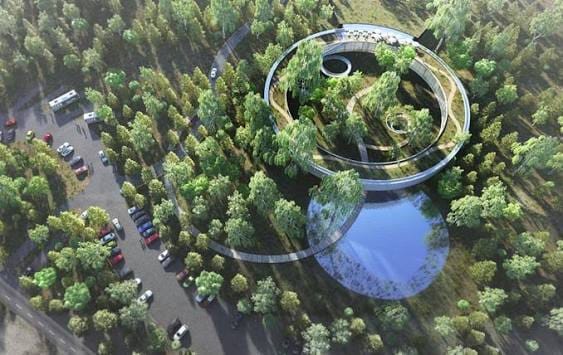
Gigiri Master Plan digital presentation (Image credit: UN)
Here’s how to get your firm ready to compete for, and win, opportunities like this.
1. Invest in compliance:
Upgrade your safety, ESG, and reporting systems before tenders go out.
2. Track UNGM closely:
Assign someone to monitor EOIs and tenders weekly. Opportunities are time-sensitive.
3. Form smart partnerships:
Smaller local firms can win by partnering with global players, combining local expertise with international compliance.
4. Think beyond the fence:
Even if you don’t win direct UN work, there will be opportunities in housing, transport, and commercial developments that follow in UNON’s wake.
The UN has three “capital cities”: New York, Geneva, and Vienna. Now, Nairobi is on track to become the fourth.
FINAL THOUGHT
The Gigiri Master Plan is a statement about Africa’s place in global decision-making, and Nairobi’s role as its gateway.
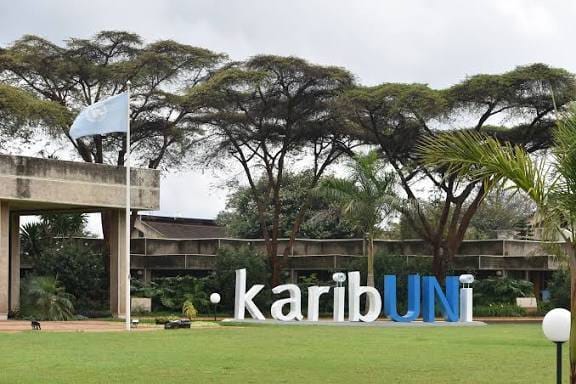
The UN headquarters in Gigiri, Nairobi. (Image credit: UN)
For the construction sector, it’s both a challenge and an invitation: raise your standards, get visible, and claim your share of a project that will define the next decade and cement Nairobi’s standing in international diplomacy.

